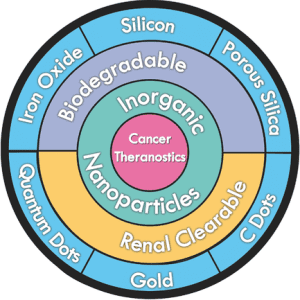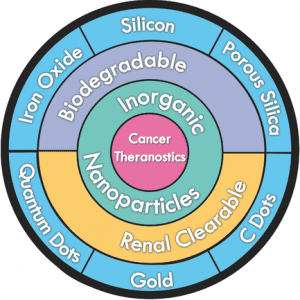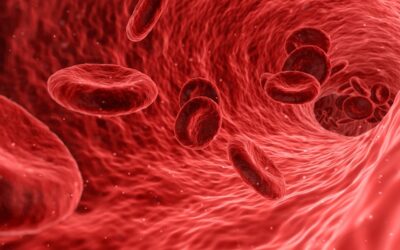Nanoparticles have proven to be a powerful tool in fighting cancer through the development of personalized therapy options. However, the introduction of inorganic nanoparticles into the body may have undesired long-term toxic effects, which have hampered their development and use in cancer therapy. A new review in Advanced Science from the University of Wisconsin summarizes the clinical and pre-clinical studies of biodegradable and renal clearable nanoparticles, in addition to presenting the challenges and future potential of these nanoparticles.
Personalized cancer therapy involves identifying the unique molecular characteristics of a cancer, and targeting these with specifically developed treatments. Nanoparticles are at the forefront of this therapy and significant research is being undertaken in order to reduce their potential toxicity and develop FDA approved therapies. The toxicity develops partly due to the size of the nanoparticles, which can lead to the accumulation of heavy metals and other toxins in body tissues. A potential solution to this is to design ultra-small, renal clearable nanoparticles that can be cleared through the kidneys, instead of accumulating negatively in the body, creating useful, safe nanoparticles for medical imaging. The ability to precisely control the size of these nanoparticles is critical for maintaining the renal clearable characteristic.
Biodegradable nanoparticles, based on iron or silicon; trace elements which are naturally present in the human body and therefore have lower toxicity concerns, are also under development for imaging, drug deliver and thermal therapy uses. The authors of this review believe that, with further research and development, inorganic nanoparticles with biodegradable and renal clearable properties may revolutionize future cancer treatment options.


















